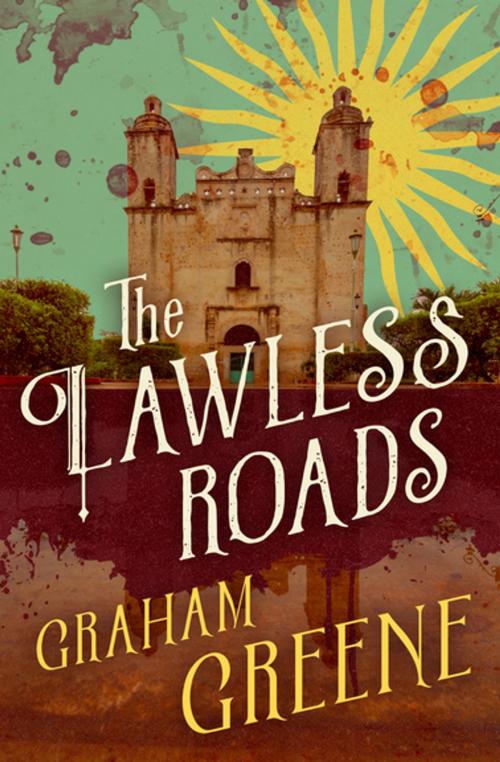The Lawless Roads
Nonfiction, Travel, Caribbean & Latin America, Central America, Adventure & Literary Travel| Author: | Graham Greene | ISBN: | 9781504054263 |
| Publisher: | Open Road Media | Publication: | July 10, 2018 |
| Imprint: | Open Road Media | Language: | English |
| Author: | Graham Greene |
| ISBN: | 9781504054263 |
| Publisher: | Open Road Media |
| Publication: | July 10, 2018 |
| Imprint: | Open Road Media |
| Language: | English |
This eyewitness account of religious and political persecution in 1930s Mexico inspired the British novelist’s “masterpiece,” The Power and the Glory (John Updike).
In 1938, Graham Greene, a burgeoning convert to Roman Catholicism, was commissioned to expose the anticlerical purges in Mexico by President Plutarco Elías Calles. Churches had been destroyed, peasants held secret masses in their homes, religious icons were banned, and priests disappeared. Traveling under the growing clouds of fascism, Greene was anxious to see for himself the effect it had on the people—what he found was a combination of despair, resignation, and fierce resilience. Journeying through the rugged and remote terrain of Chiapas and Tabasco, Greene’s emotional, gut response to the landscape, the sights and sounds, the fears, the oppressive heat, and the state of mind under “the fiercest persecution of religion anywhere since the reign of Elizabeth” makes for a vivid and candid account, and stands alone as a “singularly beautiful travel book” (New Statesman).
Hailed by William Golding as “the ultimate chronicler of twentieth-century man’s consciousness and anxiety,” Greene would draw on the experiences of The Lawless Roads for one of his greatest novels, The Power and the Glory.
This eyewitness account of religious and political persecution in 1930s Mexico inspired the British novelist’s “masterpiece,” The Power and the Glory (John Updike).
In 1938, Graham Greene, a burgeoning convert to Roman Catholicism, was commissioned to expose the anticlerical purges in Mexico by President Plutarco Elías Calles. Churches had been destroyed, peasants held secret masses in their homes, religious icons were banned, and priests disappeared. Traveling under the growing clouds of fascism, Greene was anxious to see for himself the effect it had on the people—what he found was a combination of despair, resignation, and fierce resilience. Journeying through the rugged and remote terrain of Chiapas and Tabasco, Greene’s emotional, gut response to the landscape, the sights and sounds, the fears, the oppressive heat, and the state of mind under “the fiercest persecution of religion anywhere since the reign of Elizabeth” makes for a vivid and candid account, and stands alone as a “singularly beautiful travel book” (New Statesman).
Hailed by William Golding as “the ultimate chronicler of twentieth-century man’s consciousness and anxiety,” Greene would draw on the experiences of The Lawless Roads for one of his greatest novels, The Power and the Glory.















